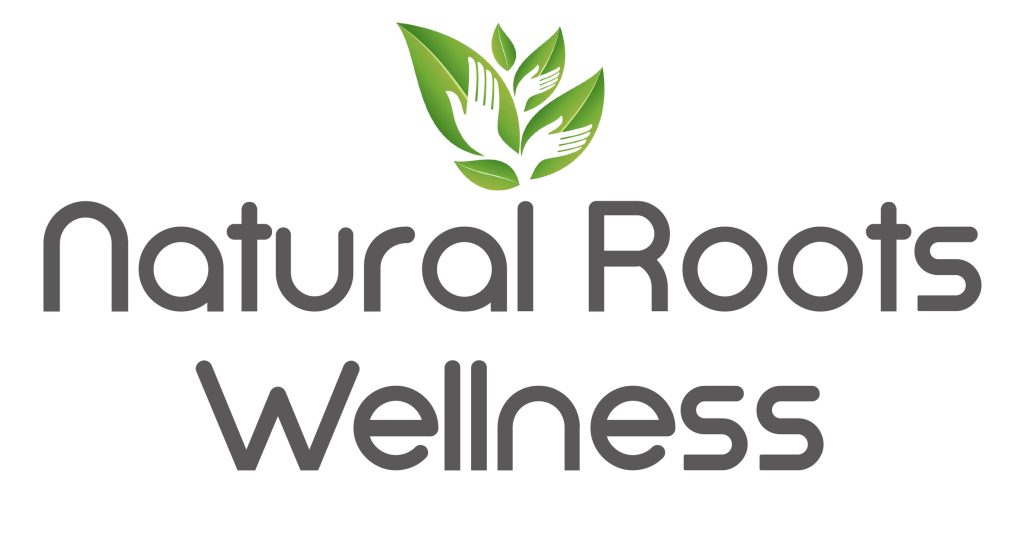In today’s fast-paced and technology-driven world, it’s easy to get caught up in the hustle and bustle of daily life. We often find ourselves stuck indoors, glued to our screens, and disconnected from the natural world around us. However, numerous studies have shown that spending time in nature can have profound effects on our physical and mental well-being. From lowering stress levels to boosting mood and improving overall health, the healing powers of nature are undeniable.
One of the most significant benefits of spending time outdoors is its ability to reduce stress and anxiety. A study conducted by the University of Michigan found that spending time in nature can lower levels of cortisol, a hormone associated with stress. The sights, sounds, and smells of the outdoors can have a calming effect on the mind, helping to alleviate feelings of tension and anxiety. Whether you’re taking a walk in the park, hiking in the mountains, or lounging by the beach, the natural world has a way of soothing the soul and melting away stress.
In addition to reducing stress, spending time in nature can also improve mood and mental health. Research has shown that exposure to natural environments can boost feelings of happiness and well-being. The colors, textures, and sights of the outdoors can stimulate the senses and lift the spirits. The fresh air and sunlight can also increase levels of serotonin, a neurotransmitter that plays a key role in regulating mood. Whether you’re soaking up the sun in a meadow or listening to the sounds of a babbling brook, nature has a way of rejuvenating the mind and lifting the mood.
But the benefits of spending time in nature go beyond just reducing stress and improving mood. The outdoors can also have a profound impact on physical health. Regular exposure to nature has been linked to a host of health benefits, including reduced blood pressure, improved immune function, and enhanced cardiovascular health. A study published in the journal Environmental Health Perspectives found that spending time in green spaces can lower the risk of developing chronic diseases such as heart disease, diabetes, and obesity.
There are several reasons why nature is so beneficial for physical health. For one, spending time outdoors encourages physical activity. Whether you’re hiking through the woods, biking along a trail, or swimming in a lake, being in nature often involves some form of movement. Regular exercise is essential for maintaining a healthy weight, reducing the risk of chronic diseases, and improving overall fitness. In addition, exposure to natural environments can boost the immune system. The phytoncides released by trees, plants, and other vegetation have been shown to enhance the activity of natural killer cells, which play a crucial role in fighting infections and cancer.
Furthermore, spending time in nature can have a positive impact on mental health conditions such as depression and anxiety. Numerous studies have shown that nature therapy, also known as ecotherapy, can be an effective treatment for these common mental health disorders. The combination of physical activity, fresh air, and exposure to natural beauty can be a powerful antidote to the negative thoughts and feelings that often accompany depression and anxiety. Just being in nature can have a calming effect on the mind, helping to reduce symptoms of depression and anxiety and improve overall mental well-being.
In addition to its physical and mental health benefits, spending time in nature can also improve cognitive function and creativity. A study conducted at the University of Utah found that spending time in nature can enhance attention and focus, as well as boost creativity and problem-solving skills. Whether you’re taking a leisurely stroll through a park or sitting by a tranquil pond, the sights and sounds of nature can stimulate the brain and enhance cognitive function. The natural world provides a rich and ever-changing canvas of colors, shapes, and textures that can inspire creativity and innovation.
So how can you harness the healing powers of nature and incorporate them into your daily life? There are several simple ways to experience the benefits of spending time outdoors. One of the easiest ways is to take a walk in nature. Whether you’re exploring a local park, hiking through the woods, or strolling along the beach, walking in nature can have a profound impact on your physical and mental well-being. Make it a habit to spend at least 30 minutes a day outside, breathing in the fresh air and soaking up the sights and sounds of the natural world.
Another way to connect with nature is to engage in outdoor activities such as gardening, camping, or birdwatching. These activities allow you to immerse yourself in the natural world and experience its healing effects firsthand. Whether you’re tending to a garden, roasting marshmallows over a campfire, or observing the beauty of a bird in flight, these outdoor pursuits can help you unwind, relax, and recharge. In today’s hectic and stressful world, it’s more important than ever to make time for nature and reap the countless benefits it has to offer.
In conclusion, the healing powers of nature are undeniable. From reducing stress and anxiety to improving mood and mental health, spending time in nature has a myriad of benefits for both the body and mind. Whether you’re taking a leisurely stroll through the woods, lounging by a lake, or meditating in a garden, the natural world has a way of rejuvenating the soul and promoting overall well-being. So make it a priority to get outside, breathe in the fresh air, and let the healing powers of nature work their magic on your health.

